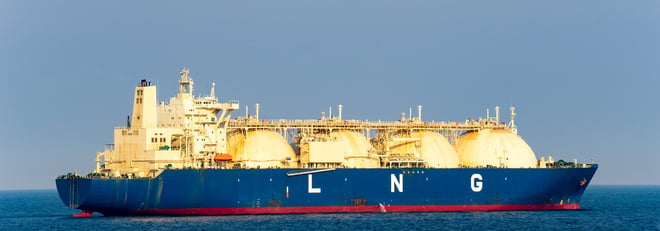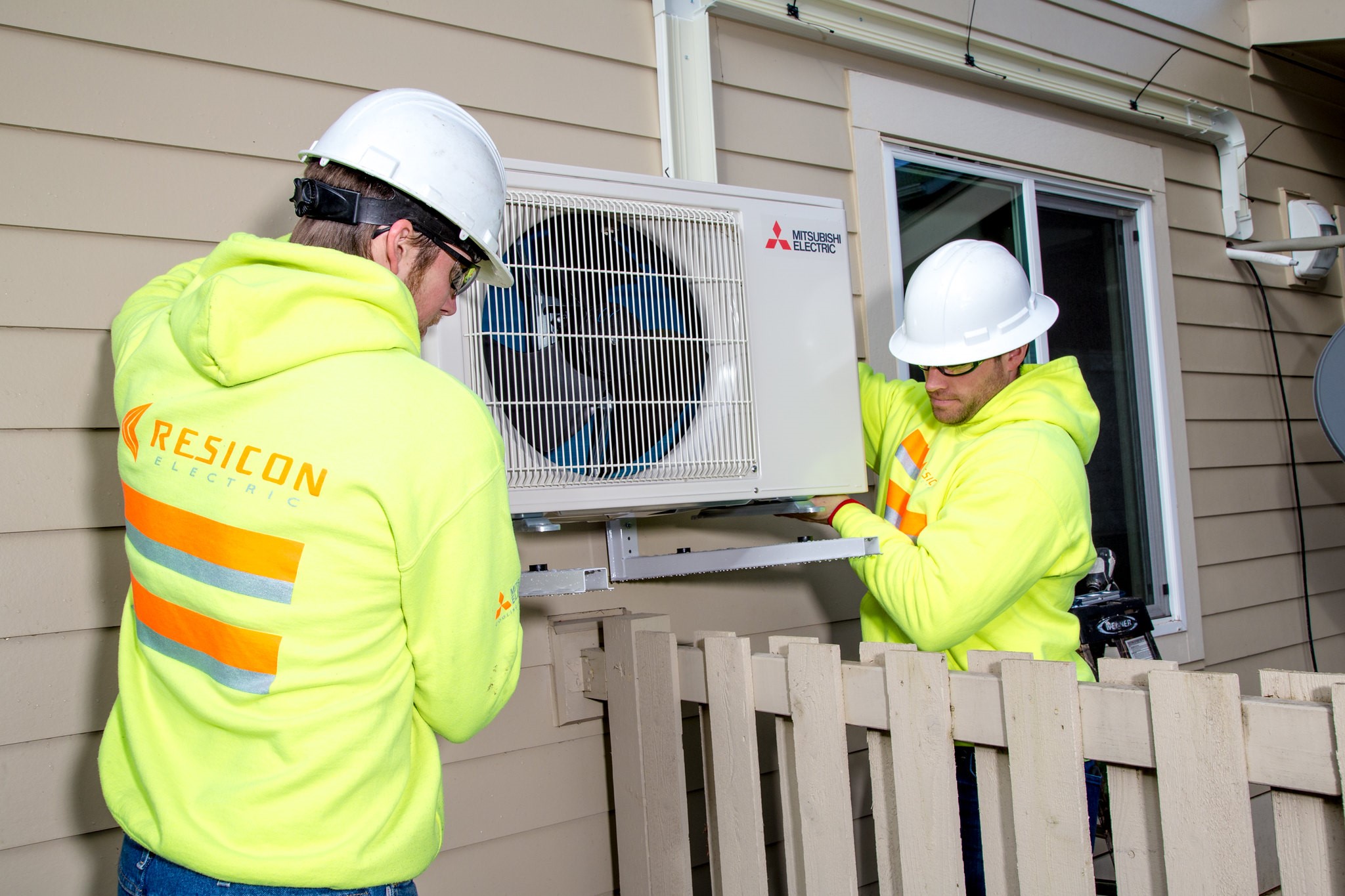Coordinating Mass Save with the Clean Heat Standard is Essential
This year, Massachusetts government agencies are working on major aspects of building decarbonization in three...
 Massachusetts and Rhode Island have both committed to reducing greenhouse gas (GHG) emissions economy-wide to reach net-zero emissions by 2050. Achieving these required reductions means zeroing out emissions associated with heating our homes and businesses, which means phasing out the combustion of fossil fuels for heat.
Massachusetts and Rhode Island have both committed to reducing greenhouse gas (GHG) emissions economy-wide to reach net-zero emissions by 2050. Achieving these required reductions means zeroing out emissions associated with heating our homes and businesses, which means phasing out the combustion of fossil fuels for heat.
Our two favorite states have had nation-leading energy efficiency programs for many years and those programs have saved an impressive amount of electricity, heating oil, propane, and natural gas. But are these programs up to the task of actually phasing out fossil fuels by 2050?
To answer this question, let’s zoom in on the question of how gas utilities in Massachusetts are faring in the Mass Save program. Gas (actually fracked methane) is the dominant heating fuel in Massachusetts and Rhode Island, and we’re putting Mass Save under the microscope because it’s the program administered by gas and electric utilities (and the municipally-controlled Cape Light Compact) in Massachusetts to deliver energy efficiency programs.
Currently, the goal of Mass Save (and its counterpart in Rhode Island) is to help gas users use less gas. However, by law, the Commonwealth must reduce economy-wide GHG emissions by 85% by 2050 in order to achieve net zero status. We can’t do that without a corresponding reduction in fossil fuel combustion. I'm going to take a literary license here and round that emissions reduction requirement to 100% by 2050 for the buildings sector, because some industrial processes are going to be even more difficult to decarbonize and there is not yet a credible plan to capture and sequester a significant amount of carbon. So, between now and 2050, we have to reduce our use of gas to heat to zero.

In 2021, the gas utilities administering Mass Save sold approximately 2.6 billion therms of gas. So, if we want to zero that out in the 28 years from 2022-2050, and we do so linearly, then we need to reduce gas consumption by about 90 million therms per year. That’s net of any potential gas system expansion (either new hookups or existing gas consumers using more).
As it turns out, for 2021, Mass Save’s goal was to save 33 million therms. And actually, Mass Save saved just 29 million therms. Simple math tells us that the savings rate is about a third of what’s needed.

The annual savings numbers above represent the reduction in therms that official evaluators of the Mass Save program attribute to its program offerings. Other policies and programs - like building codes and appliance standards - create additional savings, which we will come back to below. So maybe Mass Save doesn’t have to triple its energy savings rate, but no matter how you look at it, the current pace of energy savings is woefully slow.
What more can Mass Save do to save more gas? Mass Save’s current Three-Year Plan for gas shows that the benefits of the program will outweigh costs by 2.54 to 1. That means the program is leaving benefits on the table. Even without making major structural changes to how Mass Save operates, if we want to increase the annual gas savings, we can do and still have benefits exceeding costs.
{What do we mean by “major structural changes”? Well, right now, it’s the gas utilities that administer Mass Save. Clearly, they are incentivized to keep gas usage well above zero. More on that later.}
Mass Save is not the only tool at our disposal to reduce emissions in the heating sector. More stringent building codes can require new buildings and renovations to be better insulated and more energy efficient, and appliance standards can require that new gas burners and water heaters meet high-efficiency standards. Over time, building codes and appliance standards are both powerful ways to reduce all energy consumption, including gas. The impact of building codes on the building envelopes of new construction and major renovations is fuel neutral, meaning they make sense whether the building is heated by gas, oil, propane, or electricity. In 2022, Massachusetts improved its building codes and allowed ten cities and towns to ban new fossil-fuel hookups. (Rhode Island desperately needs to update its building code to match its commitment to GHG reduction per the Act on Climate.)
There’s another tool at our disposal that could have a significant impact on emissions: building performance standards. The City of Boston is implementing the Building Emission Reduction and Disclosure Ordinance (BERDO), which mandates that large building owners must reduce emissions over time. Massachusetts and Rhode Island can and should take the BERDO concept statewide, as explained here.
Getting to zero emissions in the building sector ultimately means that incentivizing newer, more efficient gas heating systems is counterproductive. To get to zero emissions, all of our space heat, hot water, dryers, clothes washers, and stoves will have to be powered by renewable electricity. Towards that end, the Massachusetts Clean Energy & Climate Plan for 2025 and 2030 calls for ramping up heat pump installations to about 100,000 per year. That’s not going too well so far:

So, is Mass Save (or its Rhode Island counterpart) capable of phasing out natural gas? To me, it’s clear from the data above that we have reached “peak Mass Save” and the answer is NO. To meet the challenge of getting to net zero, we need a set of policies that all explicitly point to building electrification - Building Performance Standards, better building codes, and a Clean Heat Standard. (Briefly, a Clean Heat Standard would require a fuel supplier (of natural gas, heating oil, or propane) for heating either space or hot water to deliver clean heat solutions (read: heat pumps) in increasing amounts over time. For further explanation, visit here.)
And building electrification is a job for an organization other than a gas utility. The business model of a gas utility is about extracting profit from gas infrastructure for the benefit of its shareholders. There’s an inherent conflict of interest between that and the idea of switching everyone off of gas at a steady pace over the next three decades. For that reason, we need to create an institution capable of reducing building emissions and bringing building electrification to scale with the public interest as the first and only interest. And let’s do it soon because we’re in a climate crisis.
For more on this topic, read this Boston Globe story from November 6.
This year, Massachusetts government agencies are working on major aspects of building decarbonization in three...
In the last few weeks, there has been much written about rising natural gas rates in Massachusetts and some...
Comments